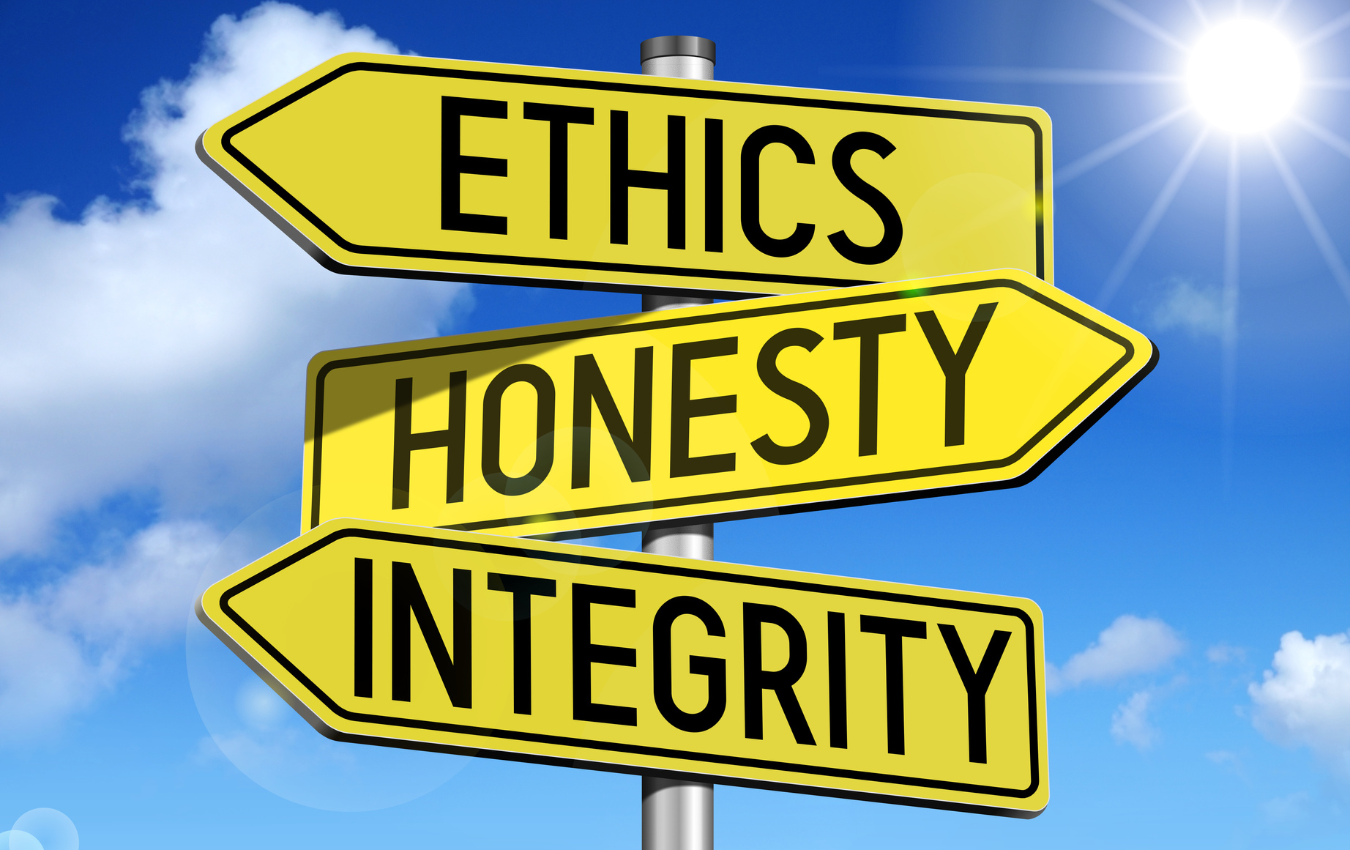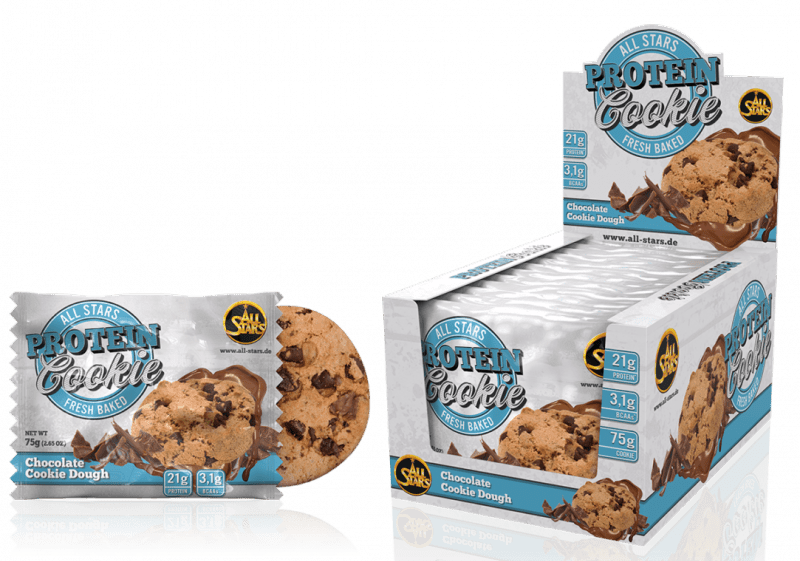Home » Ethical Packaging: Sustainability and Social Responsibility
Ethical Packaging: Sustainability and Social Responsibility

In today’s market, the concept of ethical packaging has become increasingly important. Companies are recognizing the need to adopt packaging practices that are not only environmentally friendly but also socially responsible. This blog post delves into the world of ethical packaging, examining its importance, challenges, and effective strategies for implementation.
Understanding Ethical Packaging
Ethical packaging encompasses the use of environmentally-friendly and socially responsible practices in packaging design and production. This approach considers the environmental impact of materials, the sustainability of packaging processes, and the social implications of production practices.

The Rising Demand for Ethical Packaging
Consumers are becoming more environmentally conscious, driving demand for sustainable and ethically produced products. This shift in consumer behavior is prompting companies to rethink their packaging strategies to align with these evolving preferences.
Key Components of Ethical Packaging
- Sustainable Materials: Using recyclable, biodegradable, or compostable materials is a cornerstone of ethical packaging. These materials reduce environmental impact and support a circular economy.
- Reduced Environmental Footprint: Ethical packaging aims to minimize the ecological footprint of products throughout their lifecycle, from production to disposal.
- Socially Responsible Practices: Ensuring fair labor practices and ethical sourcing of materials is crucial in ethical packaging. This includes considering the working conditions and rights of workers involved in the production process.

Challenges in Ethical Packaging Implementation
- Balancing Cost and Sustainability: Often, eco-friendly materials and socially responsible practices can be more expensive than traditional options, posing a challenge for businesses in balancing cost with ethical considerations.
- Maintaining Product Integrity: It is essential to ensure that ethical packaging solutions provide adequate protection for products and maintain their quality and shelf life.
- Consumer Awareness and Acceptance: Educating consumers about the importance and benefits of ethical packaging is vital for its acceptance, especially if it comes with a higher price tag.
Strategies for Ethical Packaging Success
- Innovating in Material Use: Continuously exploring and investing in new sustainable materials that meet functional and environmental standards.
- Partnerships with Ethical Suppliers: Collaborating with suppliers committed to sustainability and ethical practices is key to successful ethical packaging.
- Effective Communication and Branding: Leveraging marketing channels to communicate the ethical aspects of packaging and aligning it with the brand’s broader environmental and social goals.
- Comprehensive Lifecycle Analysis: Conducting a thorough lifecycle analysis of packaging options to ensure they are genuinely sustainable and have a minimal environmental impact.
If you are interested in partnering with an ethical packaging supplier, then partner with Brown Packaging today to get started.
Affordability used to be a quiet compromise — a goal that lived behind the scenes while marketing focused on gloss and finish. But in today’s
The Challenge Parakeet Cafe was preparing a holiday coffee blend promotion and needed custom digital printed pouches that reflected a festive, premium look. While the
Premium packaging sells — until it doesn’t. In an environment where raw material costs, shipping rates, and consumer budgets all fluctuate, the smartest brands are
Dimensional (DIM) weight pricing has become a major driver of shipping costs in e-commerce and industrial supply chains. Carriers charge based on the greater of
The first quarter is a critical period for packaging buyers to reset supply levels after the holiday surge. Overstocking ties up capital, while understocking creates
Subscription packaging continues to expand across beauty, food, lifestyle, and specialty products. Buyers must balance branding, protection, and sustainability while keeping fulfillment efficient. This checklist
Home » Ethical Packaging: Sustainability and Social Responsibility

When designing flexible packaging, one key consideration is how the product will be displayed: Will it be showcased individually on retail shelves or packed in

Packaging is an essential aspect of product design, as it helps to protect the contents and enhance their shelf life. One of the most versatile

For industries seeking efficient solutions for material storage and transportation, corrugated gaylord boxes have emerged as a viable alternative to plastic totes and super sacks.


